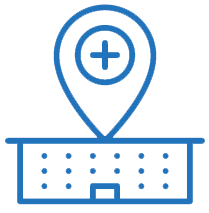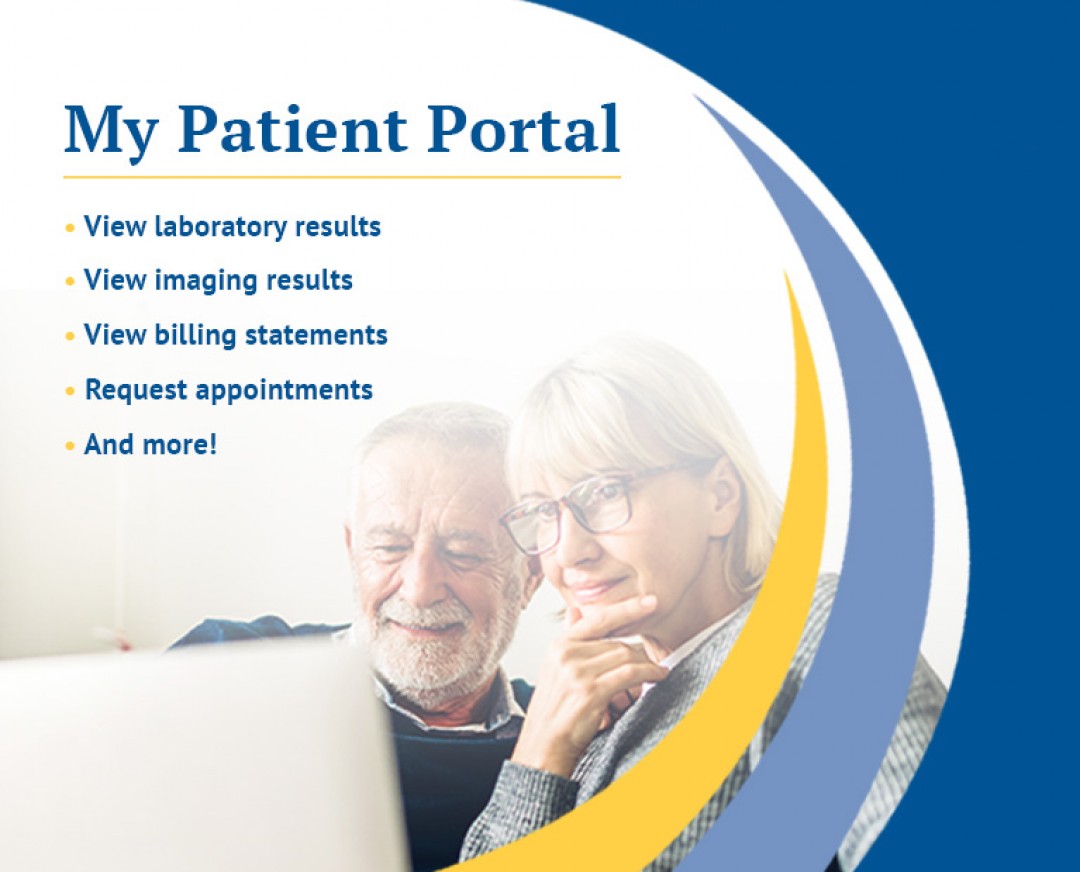Emergency Services
Unexpected. Unimaginable. Unreal. Emergencies are never scripted and they come out of nowhere. When you find yourself or someone you care for in an urgent medical situation, it is comforting to know that Hammond-Henry Hospital’s Emergency Department is here for you 24/7. Always at the ready, HHH Emergency staff members know what to do even when you don’t.
- 24-hour physician-staffed department
- Emergency Trained Nursing Staff
- ACLS (Advanced Cardiac Life Support)
- PALS (Pediatric Advanced Life Support)
- TNCC (Trauma Nursing Core Course)
- ECRN (Emergency Communication Registered Nurse)
- 1 trauma rooms, 1 multi-purpose safe room, and 5 regular exam rooms
- Decontamination space
How do I know if I should visit the ER or a Walk-in Clinic?
It’s easy to be unsure of where to go when you or someone you care about is sick or hurt. A good way to gauge this decision is if the problem is something you could go to a regular provider for treatment. If that’s the case, then urgent care or a walk-in clinic is an appropriate choice if your provider is unavailable. But if you are having chest or abdominal pain, stroke symptoms or trouble breathing call 9-1-1 or have someone drive you to the Emergency Department. NEVER drive yourself!
Wait Times:
Because of our quick response times and our in-house laboratory and imaging department, we can see patients in a reasonable amount of time.
What can I expect once I arrive at the Emergency Room?
When you arrive, you will be greeted by a staff member. Your vitals will be taken and you will be asked about:
- The reason for your visit
- Your brief medical history including prescriptions and dosages.
- Depending on your injury/illness, you will be taken to an exam room. Should you need to wait until a room opens up, you may be asked to sit in the waiting room where our nurses will check on you.
- After you are in the exam room, you may be asked to change into a gown and be examined by our physicians and nurses. Based on your symptoms, tests and or treatments will be administered.
- Once a diagnosis is made, it will be determined if you can be discharged or if you need to be admitted.







